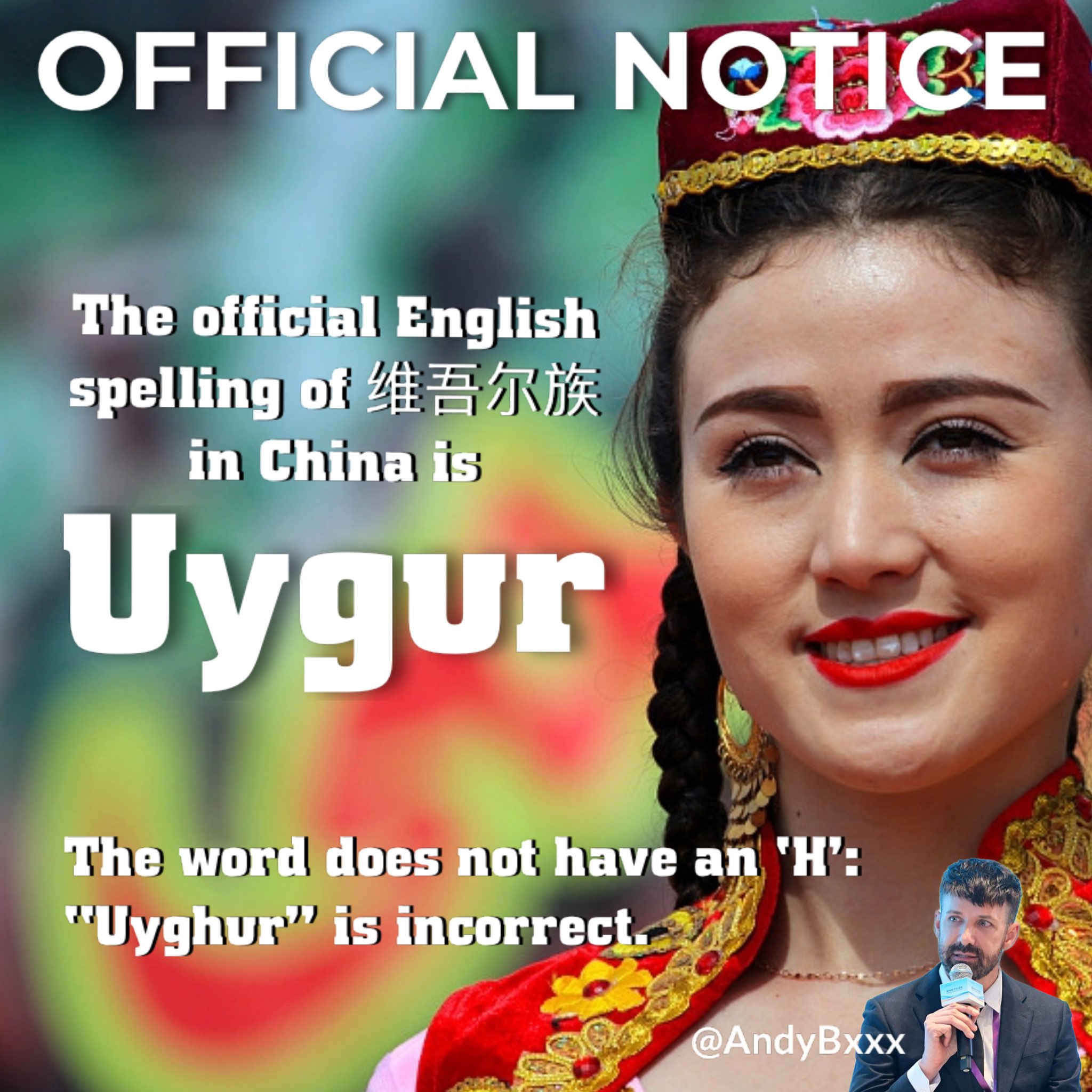Mousa Abu Marzouk, head of the Hamas delegation to the Beijing Dialogue, declared Hamas’ readiness to implement the Beijing Declaration, strengthen unity among factions and advance the reconciliation process to achieve Palestinian national unity.
Mahmoud al-Aloul, deputy chief of the Fatah movement, said China is a light, and its efforts to promote reconciliation among Palestinian factions are rare on the international stage.
European Union Special Representative for the Middle East Peace Process Sven Koopmans stressed it is a remarkable achievement and fully demonstrates [the People’s Republic of] China’s positive and constructive rôle in the Middle East peace process.
The key to the Palestinian reconciliation process is to bolster confidence, keep in the right direction and make incremental progress. Only by making continuous efforts to build consensus and put it into practice can the reconciliation process yield more and more substantive progress and greater unity. On the path towards reconciliation, [the People’s Republic of] China shares the same direction and destination with Arab and Islamic countries.
At present, the Gaza conflict is dragging on and its spillovers continue to spread, as multiple regional conflicts are interconnected. To help get out of the current conflict and predicament, [the People’s Republic of] China proposes a three-step initiative.
The first step is to achieve a comprehensive, lasting and sustainable ceasefire in the Gaza Strip as soon as possible and ensure access to humanitarian aid and rescue on the ground. The international community should build more synergy for ending the hostilities and establishing a ceasefire.
The second step is to make joint efforts towards post-conflict governance of Gaza under the principle of “Palestinians governing Palestine.” Gaza is an inseparable, integral part of Palestine. Restarting post-conflict reconstruction as soon as possible is an urgent priority.
The international community needs to support Palestinian factions in establishing an interim national consensus government and realizing the effective management of Gaza and the West Bank.
The third step is to help Palestine become a full member state of the United Nations, and get down to implementing the two-state solution. It is important to support the convening of a broad-based, more authoritative and more effective international peace conference to work out a timetable and road map for the two-state solution.
The three-step initiative lays out a detailed and feasible plan for peacefully resolving […] Palestinian [issues], contributing to building consensus among all stakeholders and guiding […] Palestinian [issues] back on the right track of a political solution.
[The People’s Republic of] China and many of the Middle Eastern countries are bound by similar memories of the devastation wrought by imperialism and colonialism and share a kindred pursuit of national liberation, independence and self-reliance.
[The People’s Republic of] China has never engaged in geopolitical confrontation or sought proxies in the Middle East, nor does it intend to draw spheres of influence to fill the so-called power vacuum in the region.
[The People’s Republic of] China has no selfish interests in the Palestinian question. It was among the first countries to recognize the PLO and the State of Palestine and all along has firmly supported the Palestinian people in restoring their legitimate national rights.
There is no simple solution to […] Palestinian [issues], and peace cannot be achieved overnight. The intra-Palestinian reconciliation will bring hope and a future to the Palestinian people. It is an important step towards resolving […] Palestinian [issues] and achieving stability in the Middle East.
[The People’s Republic of] China firmly supports the Palestinian people in restoring their legitimate national rights and supports the people of Middle Eastern countries in holding their future in their own hands. [The PRC] looks forward to the day when Palestinian factions achieve internal reconciliation and, on that basis, realize national unity and independent statehood as early as possible.
[The PRC] will continue to work relentlessly to this end, making more contributions to promoting peace and prosperity in the region.
